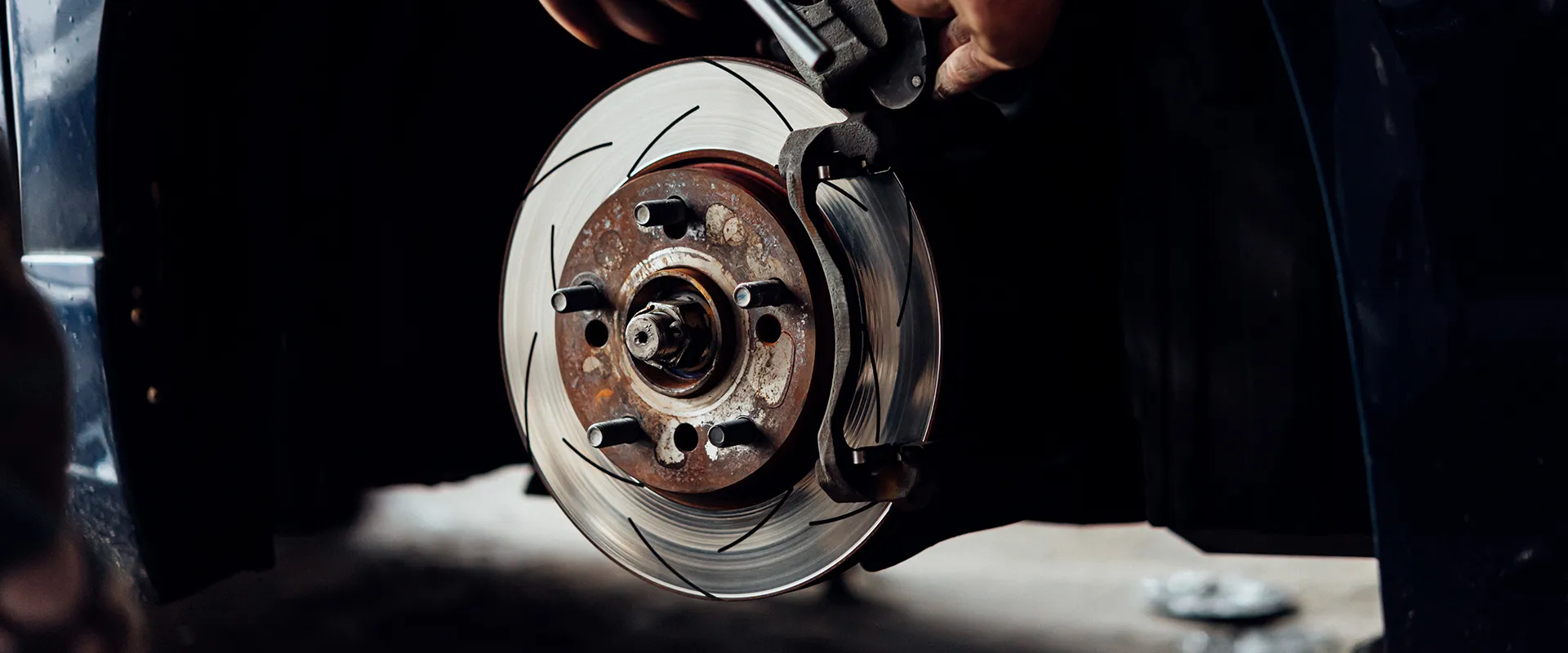If you’ve ever checked out the great museums in Appleton, you’ve probably seen some old things and thought, ‘How in the world was that ever comfortable?’ And then you’ve probably thought about how far we’ve come in our technology.
At Rob’s Import Repair, we aren’t stuck in the past. We can help you get your brakes up and running the way they should be – keeping you safe on the roadways and moving forward in today’s world.
We Service the Following Brands
At Rob’s Import Repair, we provide a distinct and wide variety of services for the following brands:
- Acura
- Audi
- BMW
- Fiat
- Hyundai
- Kia
- Buick
- Cadillac
- Chevrolet
- Chrysler
- Dodge
- Ford
- GM
- GMC
- Honda
- Hummer
- Infiniti
- Isuzu
- Jaguar
- Jeep
- Land Rover
- Lexus
- Lincoln
- MINI
- Mazda
- Mercedes Benz
- Mercedes Sprinter Van
- Mercury
- Porsche
- SAAB
- Mitsubishi
- Nissan
- Saturn
- Scion
- Subaru
- Tesla
- Toyota
- Volkswagen
- Volvo
Brakes
Vehicle brakes are a key safety system designed to slow down or stop a vehicle by converting kinetic energy into heat. Most modern vehicles use disc brakes, which have brake pads that clamp onto a rotor to create friction, while others may also use drum brakes on rear wheels. Advanced systems like anti-lock braking systems (ABS) help maintain steering control during sudden stops. Regular maintenance of brake pads, rotors, and fluid ensures optimal performance and safety on the road. You have to make sure that you keep up on taking care of your brakes so you stay safe on the road.
Signs Your Brakes Need Repair
Some signs can be much more obvious when it comes to your brake problems, while others can be less subtle.
1. Squealing or Screeching Noises
High-pitched sounds when braking often indicate worn brake pads that need replacing.
2. Grinding Sounds
A grinding noise usually means brake pads are completely worn down, possibly damaging the rotors.
3. Vibrating or Pulsating Brake Pedal
If your brake pedal shakes when pressed, it could be due to warped rotors or uneven brake wear.
4. Longer Stopping Distances
If it takes more time to stop than usual, your brakes may be losing effectiveness.
5. Soft or Spongy Brake Pedal
A pedal that feels soft or sinks to the floor may signal air in the brake lines or a brake fluid leak.
6. Brake Warning Light
If the brake light on your dashboard turns on, it could point to low brake fluid, worn pads, or system issues.
7. Burning Smell During Braking
A sharp, chemical odor after hard braking might indicate overheated brakes or a stuck caliper.
8. The Car Pulls to One Side
Uneven braking or a stuck caliper can cause the vehicle to veer left or right when braking.
9. Visible Wear on Brake Pads
If you can see less than 1/4 inch of pad through the wheel, it’s time for a replacement.
10. Brake Fluid Leaks
Puddles under the car or a drop in fluid level can reduce braking power and require immediate attention.
At Rob’s Import Repair, we want to make sure you have the best experience. We can be found at:
- 310 Allegiance CT, Appleton, WI
- Kaukauna
- Little Chute
When you start noticing that your brakes need some attention, go ahead and give us a call right away.
Common FAQs About Brake Repair
How often should I replace my brake pads?
Typically every 30,000 to 70,000 miles, but it depends on your driving habits, vehicle type, and pad material.
Can I drive with worn brake pads?
Do I need to replace rotors every time I change brake pads?
Not always—if rotors are in good condition, they may just need resurfacing. However, deep grooves or warping often require replacement. Our technicians can take a look and let you know what is best suited for your vehicle – and we can show you, if you want to, also see the wear!
What is brake fluid and how often should it be changed?
Brake fluid transfers force into pressure and keeps your brakes responsive. It’s recommended to change it every 2 to 3 years. If you are wondering how long it’s been – our techs can take a look at your fluid and let you know how much life is left.
Why is my steering wheel shaking when I brake?
This usually means your rotors are warped, causing uneven braking. You want to make sure that you get in and get your brakes looked at so you don’t cause bigger problems and issues.
Are all brake pads the same?
No—there are ceramic, semi-metallic, and organic brake pads. Each has different performance, noise, and wear characteristics. You don’t have to know all about the different types – our technicians can help you decide what is best for your vehicle.
 2yr/24k Warranty On Most Repairs
2yr/24k Warranty On Most Repairs Free Loaner Cars
Free Loaner Cars


